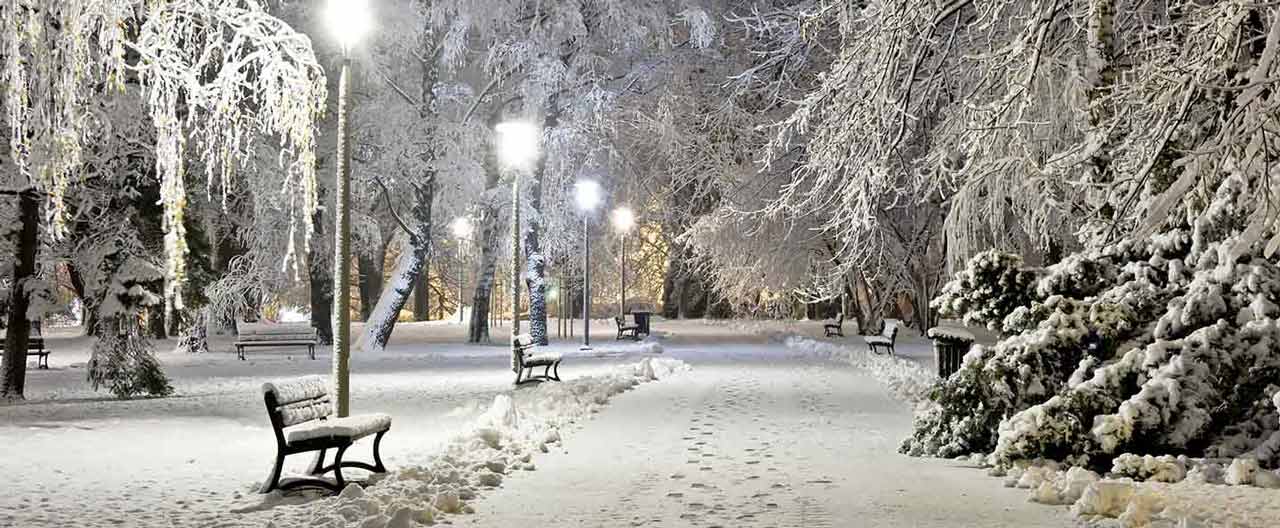- Individuals & Families
- Businesses
- Agents & Brokers
- Embedded Insurance

Chubb ranked #1 for Customer Satisfaction with the Home Insurance Claims Experience

Chubb ranked #1 for Customer Satisfaction with the Home Insurance Claims Experience

Chubb ranked #1 for Customer Satisfaction with the Home Insurance Claims Experience

Chubb ranked #1 for Customer Satisfaction with the Home Insurance Claims Experience

Because pets are family, Chubb now offers pet insurance with top-rated coverage from Healthy Paws.

Chubb offers the insurance protection you need for travel’s many “what ifs”.

Chubb protects small businesses at every stage – from newly formed start-ups to long-time anchors of the community.

Stay ahead of cyber threats with our free Cyber Claims Landscape Report.

Learn more about our dedicated learning paths, Online Learning Center, and more.

Many digital-savvy consumers look for it as a core or add-on option.

Many digital-savvy consumers look for it as a core or add-on option.

Many digital-savvy consumers look for it as a core or add-on option.

Chubb’s in-house technology makes it easy to integrate what we do into your customer experience.
-
About
-
Claims
-
Login & Pay Bill
For Agents & BrokersFor Travel Advisors
-
Back
Whether you got two inches or two feet of snow, there are always issues to deal with after a winter storm – especially if you lost power. Below are a few tips for how to dig out quickly, clean up effectively, and stay safe and warm, even if your power doesn’t immediately come back on.
1. Get a head start on clearing snow
If it’s warm enough and safe to go outside, you may want to clear the snow around your home and vehicles right away. That’s because fresh snow is lighter and easier to shovel or snow-blow than snow that’s had time to settle and get packed down.
2. Clean off the roof
After a winter storm, an ice dam can form, which means any ice on your roof prevents the melting snow from draining off. The water that backs up behind the dam can then leak into your home. To prevent damage, clear the snow off the roof of your house, garage, and any sheds, or hire a professional to do it for you.
3. Look for damage to trees
Inspect the trees in your yard to make sure heavy snow hasn’t broken or cracked limbs that could fall and harm your home or someone walking below. If you find trees that are damaged, contact a professional to trim them properly.
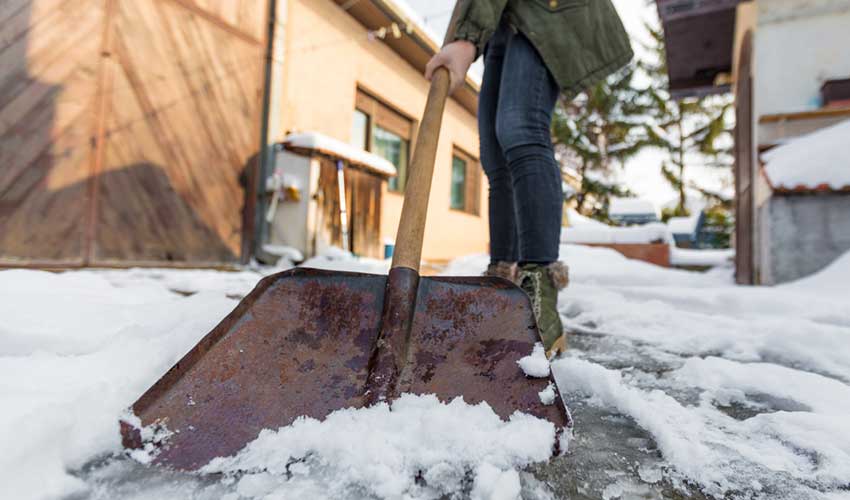
4. Make sure smoke and carbon monoxide detectors are working
This is especially important if you don’t have power and need to heat your home using a fireplace, space heater, or generator. Check the batteries in the detectors and change them if they’re not working well.
5. Check the inside of your home
Cracked or leaking ceilings can mean that your roof is damaged. Water flow problems could mean you have frozen pipes. Inspect the inside of your home to make sure everything is in good working order. If you suspect frozen pipes, shut off the water supply, and call a plumber to make repairs.

6. Don't forget about pets
Some pets may be restless to get back outside after needing to stay inside due to storming conditions. However, be sure to watch out for any potential hazards that could potentially cause harm, such as icicles, downed power lines, or ice patches. Also be sure to clean their paws after coming inside so that they don't lick any snow-melting salt and potentially get sick.
7. Stay warm
If you are without power and don’t have a generator to run your home’s heating system, you can still stay warm by layering clothes, using hand warmers, and closing off rooms you’re not using. By huddling together in one room, you trap body heat generated by everyone. Try to pick a room on the south side of your home so it gets sun during the day. You can also use towels to block drafts under doors and around window sills, and drink hot liquids such as hot coffee, cocoa, or tea.
8. Avoid driving right away
Give road crews time to clear the roads before you go out. If you need to go out, try to stick to roads that are already plowed, sanded, or salted, and watch for black ice.
9. If you find damage to your home
You may need anything from auto insurance and personal liability, if case you get in an accident when If you are a Chubb client and have sustained damage to your home or car from a winter storm, contact your agent or click here to report a claim.
Insights and expertise

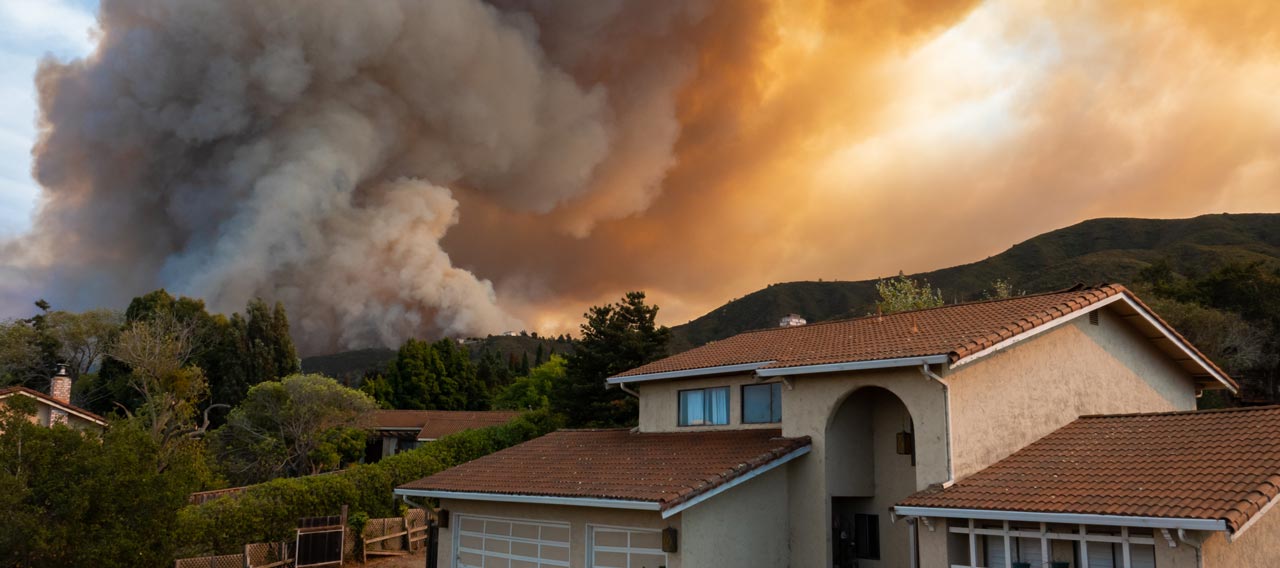
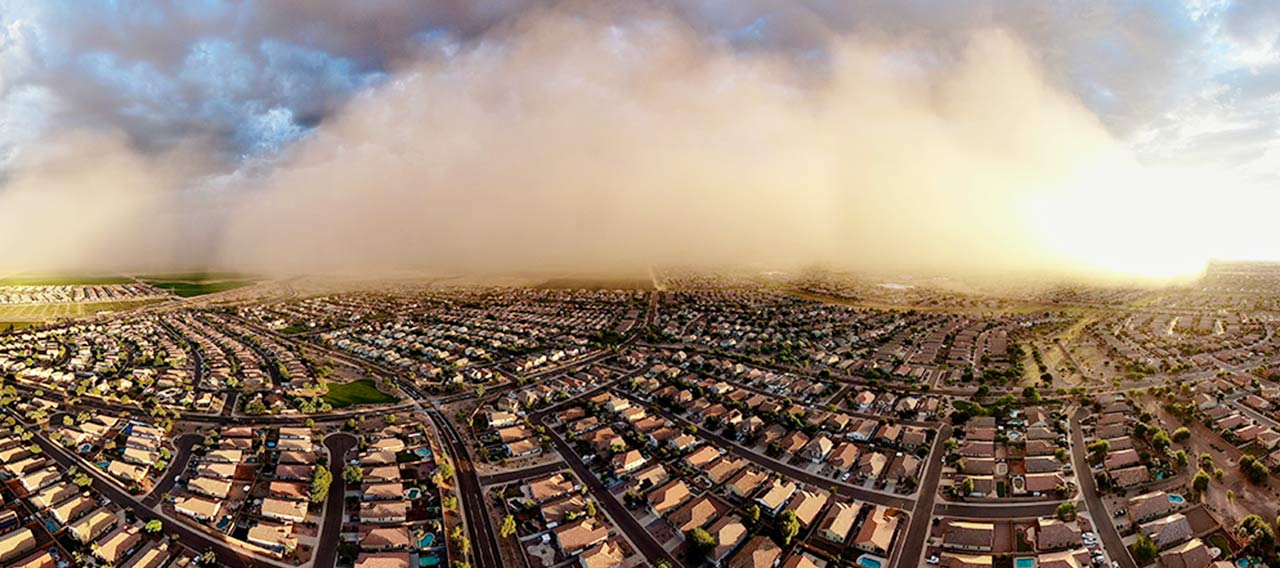
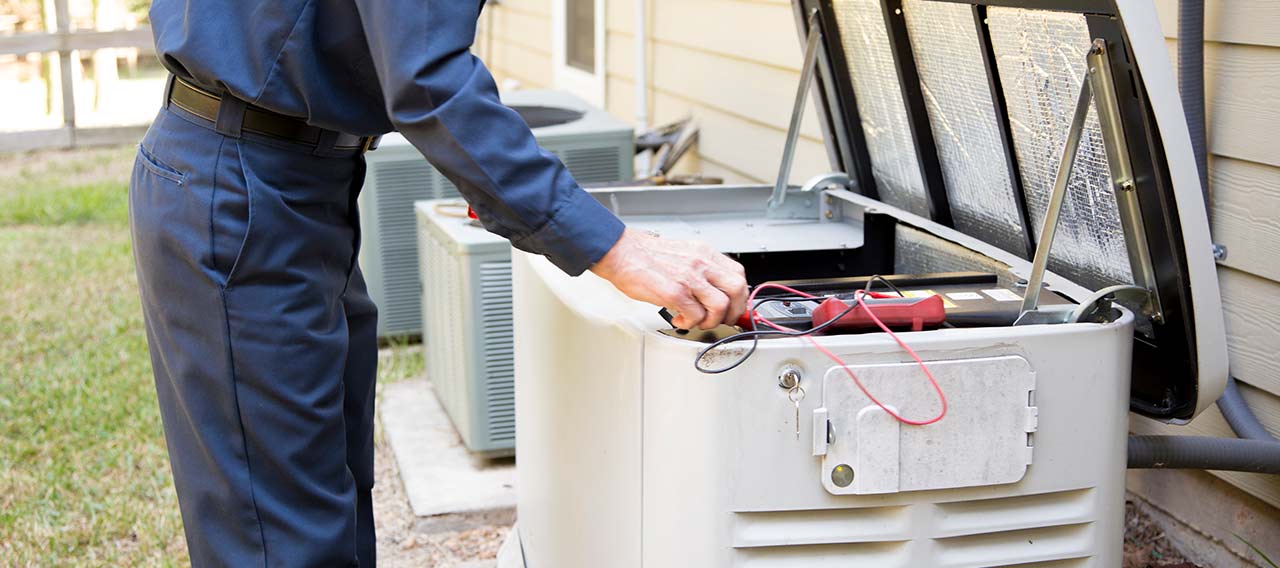
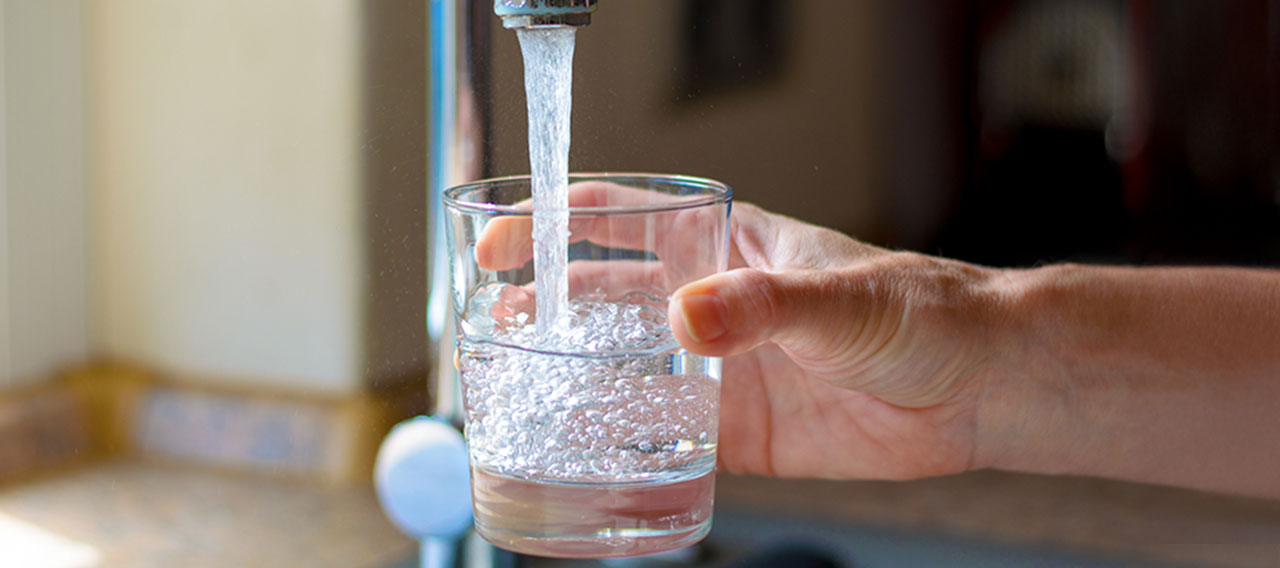


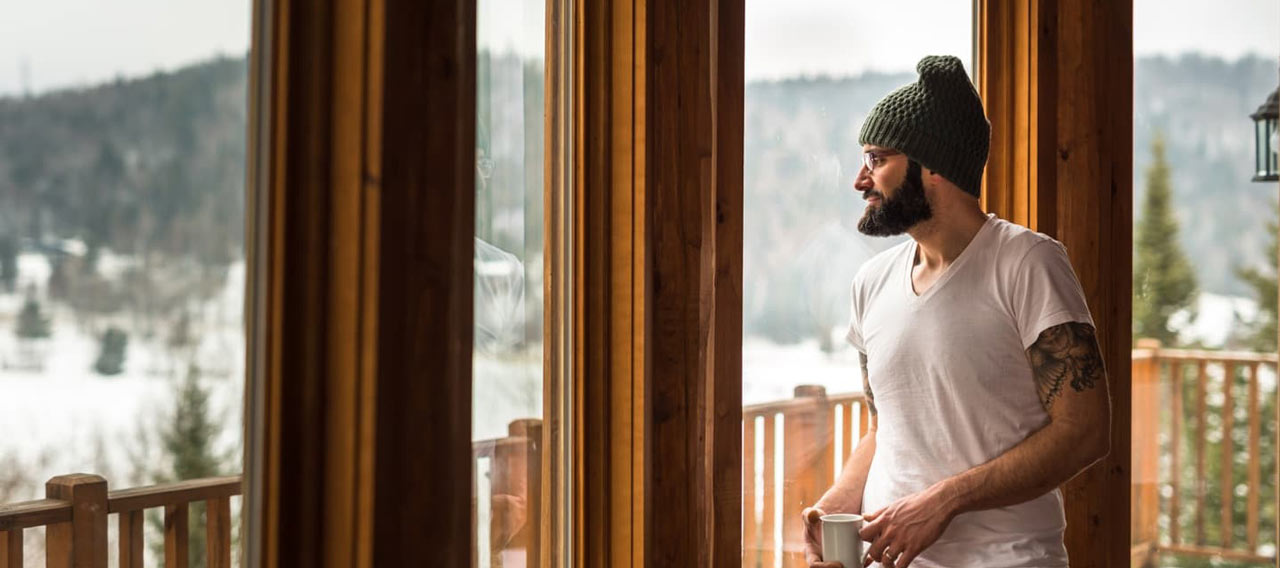
Get a personal insurance quote
Work with an independent agent to get personalized insurance solutions.
This document is advisory in nature and is offered as a resource to be used together with your professional insurance advisors in maintaining a loss prevention program. It is an overview only, and is not intended as a substitute for consultation with your insurance broker, or for legal, engineering or other professional advice.
Chubb is the marketing name used to refer to subsidiaries of Chubb Limited providing insurance and related services. For a list of these subsidiaries, please visit our website at www.chubb.com. Insurance provided by ACE American Insurance Company and its U.S. based Chubb underwriting company affiliates. All products may not be available in all states. This communication contains product summaries only. Coverage is subject to the language of the policies as actually issued. Surplus lines insurance sold only through licensed surplus lines producers. Chubb, 202 Hall's Mill Road, Whitehouse Station, NJ 08889-1600.


